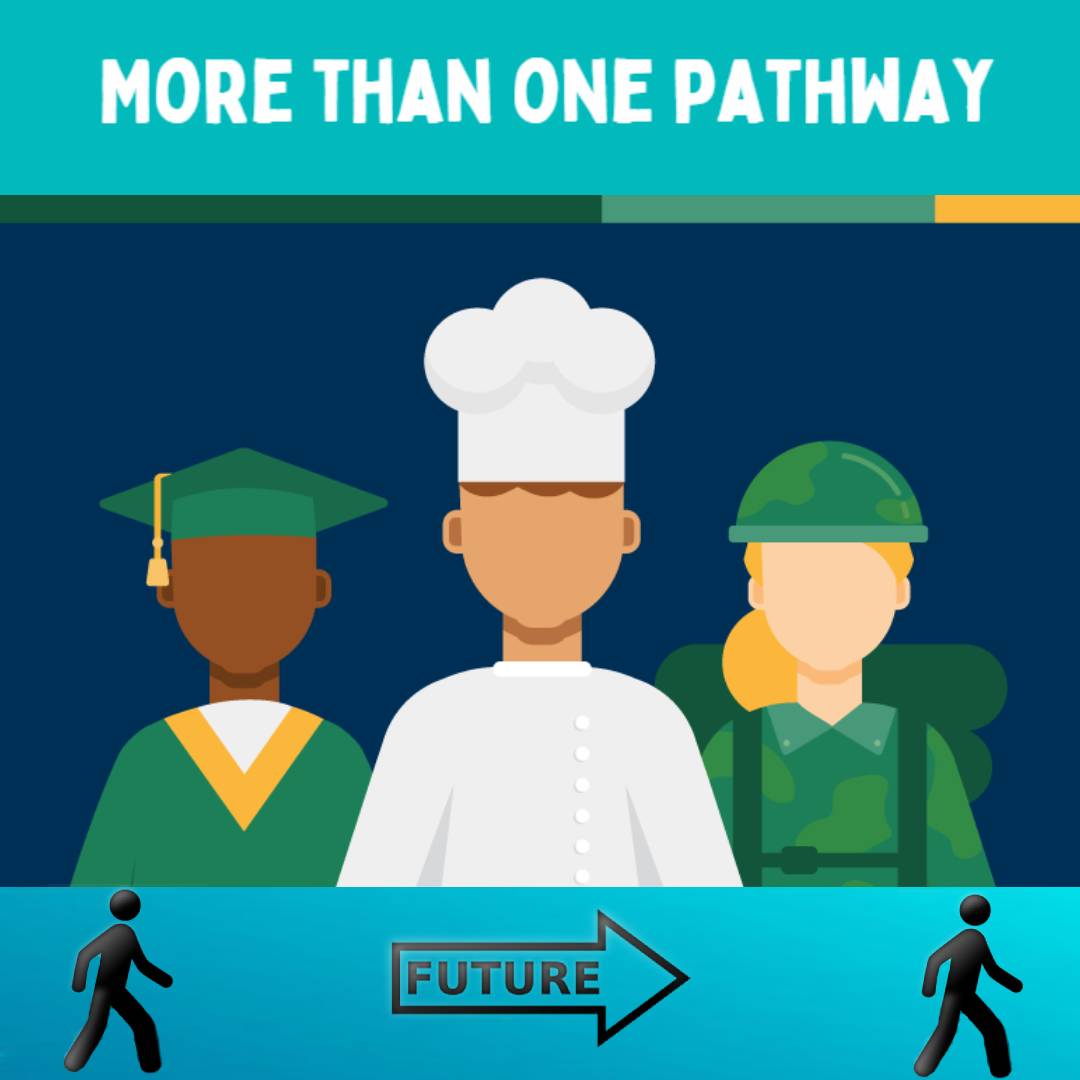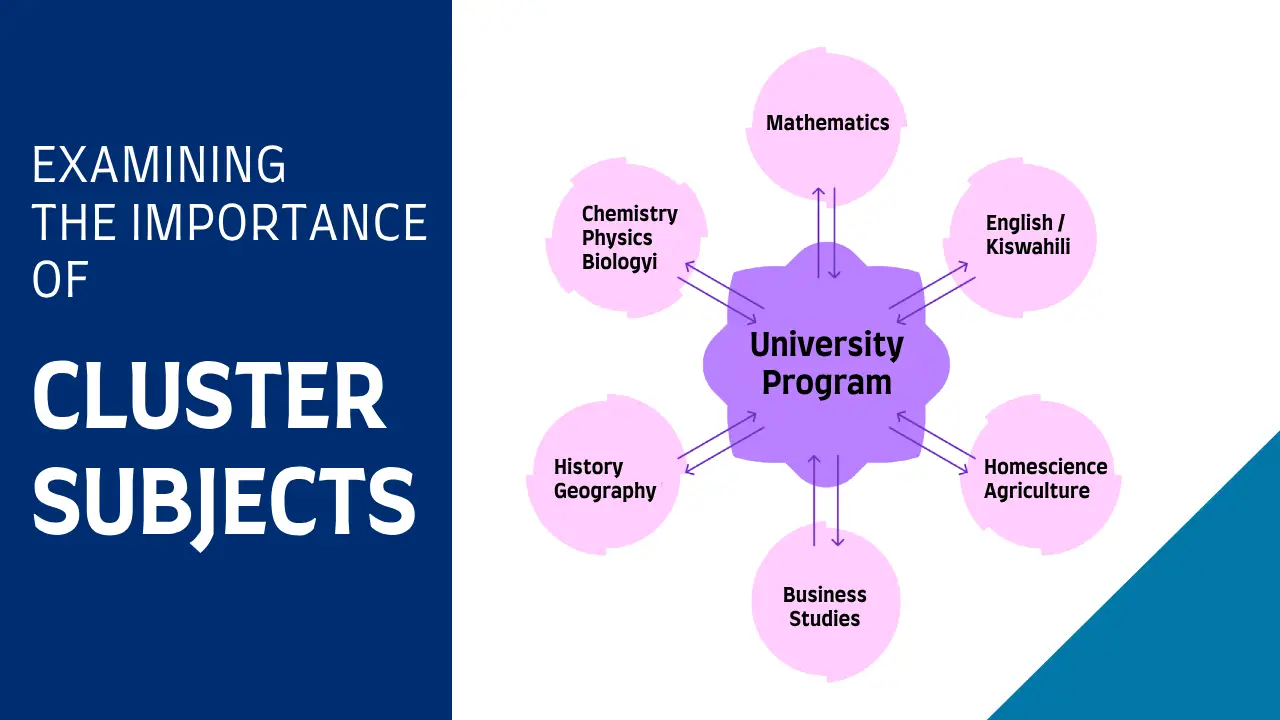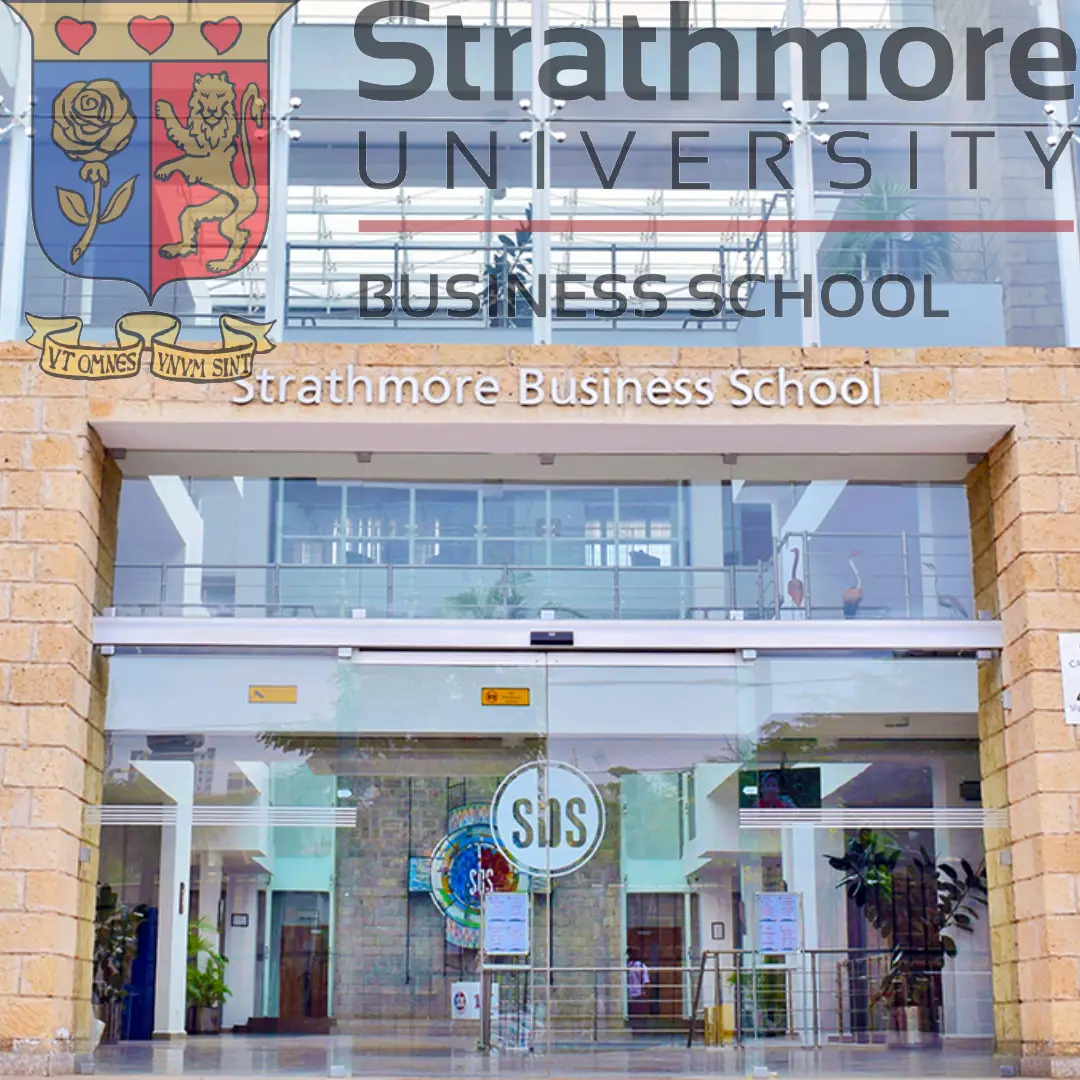My Future
Navigating Career Paths After KCSE
You have successfully completed your KCSE exams, a significant milestone in your academic journey. As you eagerly await your results, it is time to start thinking about what lies ahead. Whether you are heading to university, a technical college, or exploring other options, here are some tips to help you prepare for the next chapter of your life.
By Samuel |
Published on 25-Nov-2024

The Kenya Certificate of Secondary Education (KCSE) results mark a significant transition for students, opening up various pathways for further education and career development. While many students may aim for university, others might find themselves exploring alternative routes. This article outlines the options available after KCSE, emphasizing the importance of informed decision-making in career planning.
Understanding Your Options
University Education:
Students who achieve a grade of C+ and above are eligible for university placement through the Kenya Universities and Colleges Central Placement Service (KUCCPS). However, it is crucial to choose courses that align with personal interests and career goals to avoid future dissatisfaction.
Technical and Vocational Education and Training (TVET):
For those with grades below C+, enrolling in TVET institutions is a viable option. These institutions offer hands-on training in various fields such as plumbing, electrical installation, tailoring, and automotive engineering. The practical skills gained can lead to immediate employment opportunities or self-employment.
Diploma and Certificate Courses:
Many colleges provide diploma and certificate programs in fields like business, IT, and healthcare. These courses often require less time than a full university degree and can lead to rewarding careers.
Short Courses:
Engaging in short skill-based courses can equip students with specific competencies needed in the job market. This could include areas like computer skills, driving, or even specialized vocational training.
Entrepreneurship:
Starting a small business is another path for those who may not wish to pursue further education immediately. With Kenya's vibrant entrepreneurial landscape, students can explore opportunities in agriculture, design, or service industries.
Apprenticeships:
Gaining practical experience through apprenticeships can be invaluable. Students can learn directly from professionals in their field of interest, enhancing their employability1.
Choosing Your Path
- Self-Assessment: Reflect on your interests, strengths, and career goals. Consider which courses align with your passions and aspirations.
- Research Institutions: Explore various institutions, their programs, and the specific requirements for admission.
- Research Careers: Investigate various fields and the potential job market to make informed choices.
- Seek Guidance: Consult with parents, relatives, teachers, counselors, or career advisors to get personalized advice.
- Consider Financial Options: Research scholarships, bursaries, loans, or part-time jobs to finance your education.
- Networking: Connect with professionals in desired fields to gain firsthand knowledge about different careers.
Career Planning Considerations
- Self-Assessment: Reflect on personal interests, strengths, and weaknesses to identify suitable career paths.
- Research: Investigate various fields and the potential job market to make informed choices.
- Seek Guidance: Engage with career counselors or mentors who can provide insights and support during this transition.
Preparing for University or College Life
- Time Management: Practice effective time management skills to balance academics, extracurricular activities, and personal life.
- Study Habits: Develop strong study habits, including creating a conducive study environment, setting realistic goals, and utilizing effective study techniques.
- Financial Literacy: Learn to budget, manage expenses, and avoid unnecessary spending.
- Mental Health: Prioritize your mental well-being by practicing stress-relief techniques, seeking support when needed, and maintaining a healthy work-life balance.
- Networking: Build relationships with peers, professors, and industry professionals to expand your network and gain valuable insights.
- Adaptability: Be prepared to adapt to new environments, challenges, and academic demands.
- Independence: Cultivate independence and responsibility to navigate college life successfully.
Tips for a Smooth Transition
- Stay Organized: Use planners, calendars, or digital tools to keep track of assignments, deadlines, and important dates.
- Seek Help: Don't hesitate to ask for help from professors, teaching assistants, or classmates when needed.
- Join Clubs and Organizations: Participate in extracurricular activities to meet new people, explore interests, and develop leadership skills.
- Balance Academics and Social Life: Prioritize your studies, but also make time for socializing and relaxation.
- Embrace Challenges: View challenges as opportunities for growth and learning.
Remember, the transition to college life can be both exciting and daunting. By preparing yourself mentally, emotionally, and academically, you can set yourself up for success. Embrace the journey, stay focused, and make the most of your college experience!
Conclusion
The journey after KCSE is filled with possibilities that extend beyond traditional university education. By exploring vocational training, short courses, entrepreneurship, or apprenticeships, students can carve out fulfilling careers that align with their aspirations. The key lies in making informed decisions based on personal goals and market demands, ensuring that each step taken leads toward a successful future.










